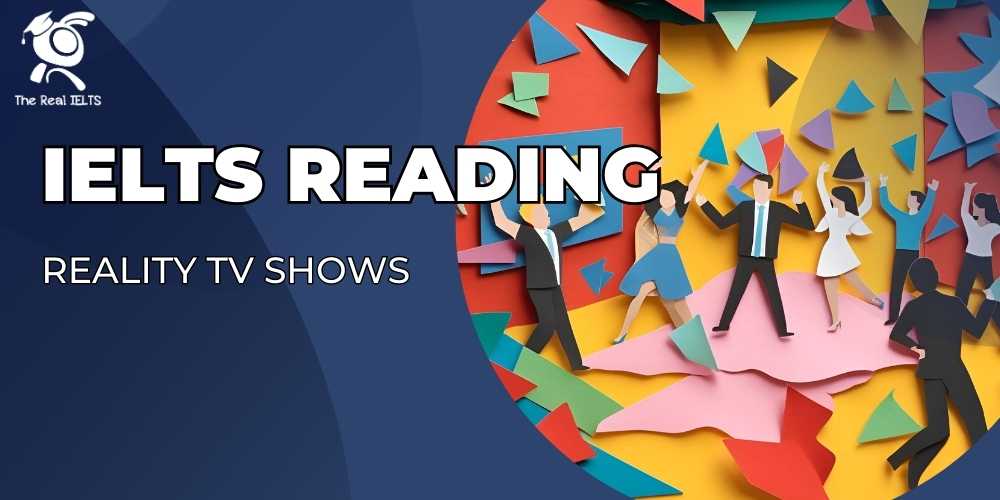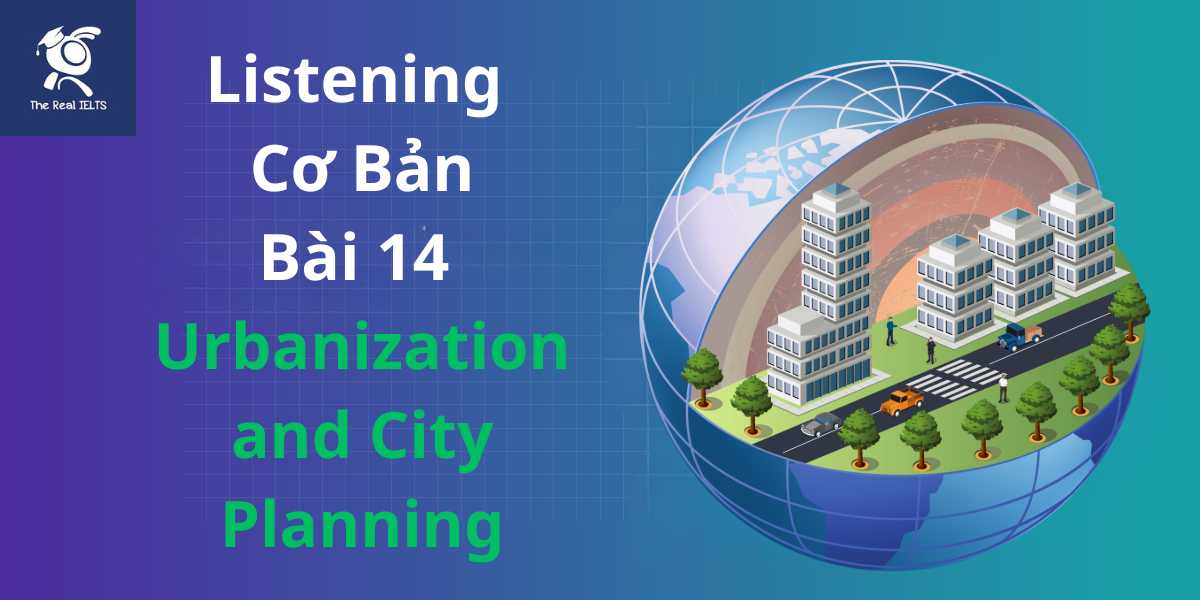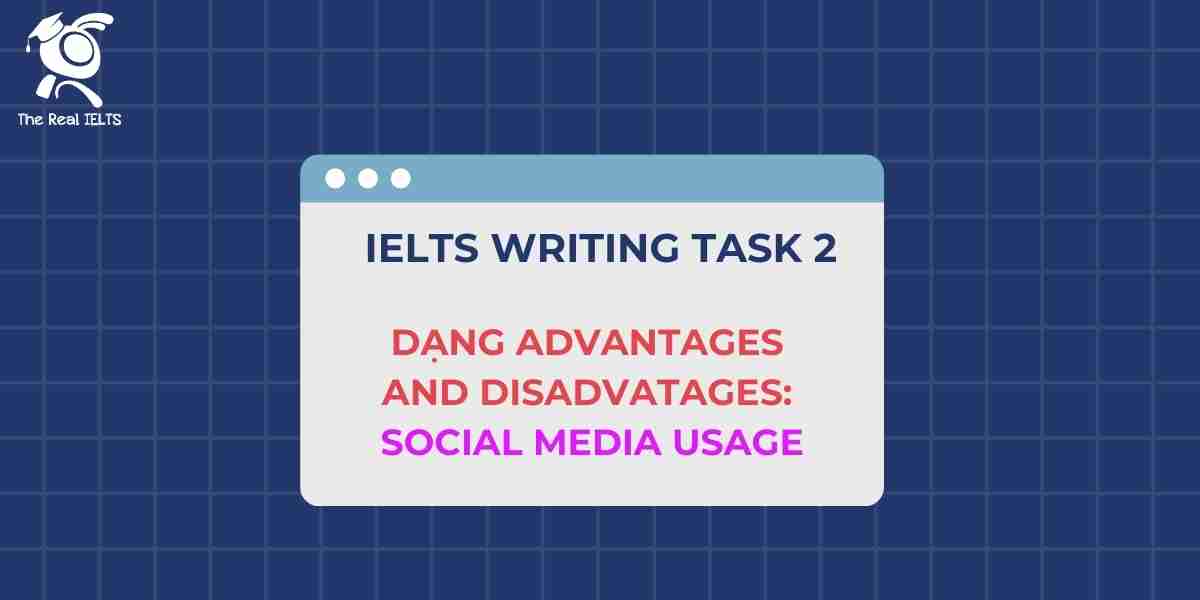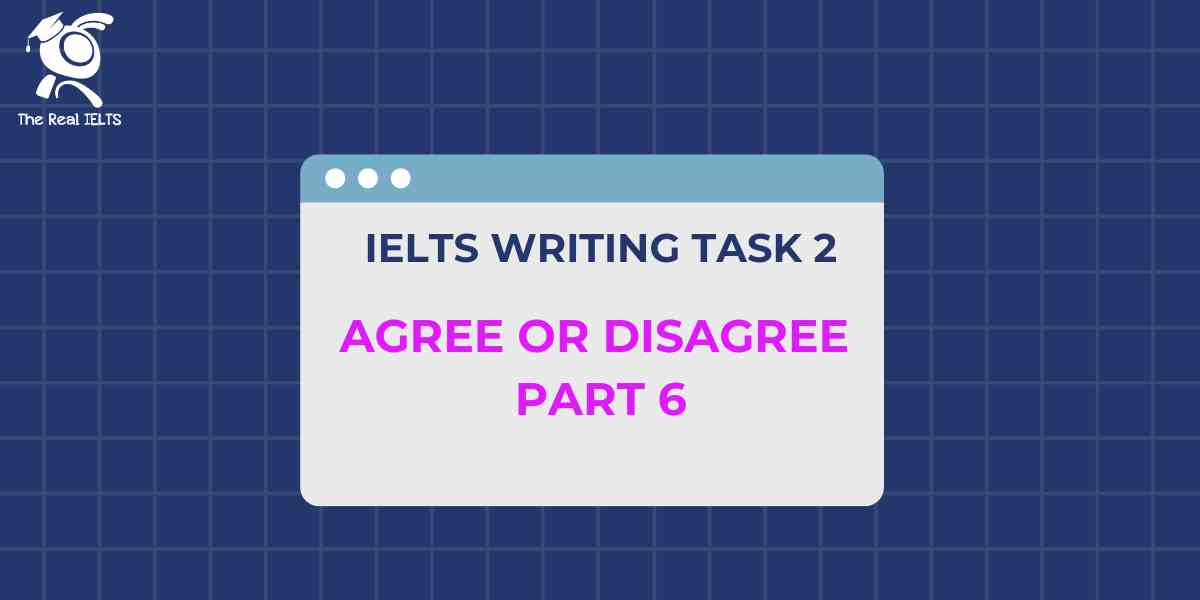IELTS Reading 88: Reality TV shows là chủ đề thuộc chuỗi bài luyện tập 11 dạng bài IELTS Reading và các bài tập luyện tập.
Học lại bài cũ: IELTS Reading 87: The impact of mass media on entertainment.
Tham khảo thêm khóa luyện thi IELTS 1:1.
Các khóa học IELTS khác của The Real IELTS:
Đọc thêm các bài Luyện Thi IELTS khác trong link nhé.
IELTS Reading: Reality TV shows
Introduction to Reality TV
Reality television has become a dominant genre in modern entertainment, captivating audiences worldwide with its portrayal of unscripted real-life situations. Unlike traditional scripted programming, reality TV aims to depict authentic experiences, often showcasing the lives, challenges, and relationships of ordinary people or celebrities in various scenarios.
The Evolution of Reality TV
The roots of reality TV can be traced back to the late 1940s and early 1950s, with shows like “Candid Camera” and “The Real World.” However, the genre gained immense popularity in the early 2000s, leading to a proliferation of shows such as “Survivor,” “Big Brother,” and “American Idol.” These programs often blend competition, drama, and personal stories, creating engaging narratives that resonate with viewers.
Audience Engagement and Cultural Impact
Reality TV shows have a unique ability to engage audiences on multiple levels. Viewers are often drawn to the relatability of the participants and the unpredictability of the outcomes. Social media has further amplified this connection, allowing fans to interact with contestants and discuss episodes in real-time. This interaction creates a sense of community among viewers and enhances the overall experience of watching reality television.
Moreover, reality TV reflects and shapes societal norms and values. Programs often address contemporary issues such as body image, relationships, and social dynamics, prompting discussions around these topics. Critics argue that reality shows can perpetuate stereotypes and unrealistic expectations, yet they also provide a platform for diverse voices and stories that may not be represented in mainstream media.
The Business of Reality TV
From a production perspective, reality TV is a lucrative business model. These shows typically have lower production costs compared to scripted dramas, as they often require fewer actors and less elaborate sets. Consequently, networks can generate substantial profits through advertising and sponsorships. Successful reality shows often lead to spin-offs, merchandise, and international adaptations, further expanding their reach and influence.
Conclusion
In summary, reality TV has transformed the landscape of entertainment, offering a blend of authenticity, drama, and cultural commentary. Its evolution from early experimental formats to a multifaceted global phenomenon underscores its significance in shaping modern television. As reality TV continues to evolve, its impact on audiences and society remains a topic of ongoing discussion and exploration.
Questions
1. Multiple Choice
- Which of the following shows is considered one of the early examples of reality television? A. Survivor
B. The Real World
C. American Idol
D. Big Brother - What is a primary reason for the popularity of reality TV shows among viewers? A. The scripted nature of the content
B. The relatability of the participants
C. The high production costs
D. The absence of social media interaction
2. True/False/Not Given
- Reality TV shows primarily focus on scripted performances.
- Social media has enhanced viewer engagement with reality television.
- All reality shows depict celebrities and their lifestyles.
3. Yes/No/Not Given
- Reality TV reflects societal norms and values.
- Critics believe that reality shows provide realistic portrayals of life.
- The production costs of reality TV are higher than traditional scripted shows.
4. Matching Information
Match the following information to the appropriate paragraph in the reading passage:
- The impact of social media on viewer interactions.
- Early examples of reality TV shows.
- The financial benefits of producing reality television.
5. Matching Headings
Choose the appropriate heading for each paragraph:
- Paragraph 1:
- Paragraph 2:
- Paragraph 3:
- Paragraph 4:
- Paragraph 5:
6. Matching Sentence Endings
Complete the following sentences by matching them to the correct endings:
- Reality television often showcases…
- The evolution of reality TV has led to…
- Critics argue that reality shows can…
7. Sentence Completion
Complete the following sentences using information from the passage:
- Reality TV is characterized by its portrayal of ___________ situations.
- Programs like “Survivor” and “American Idol” blend ___________ and personal stories.
8. Summary Completion
Complete the summary with words or phrases from the reading passage:
Reality TV has transformed the landscape of entertainment by offering a blend of __________ and __________. Its evolution from early formats to a global phenomenon reflects its __________ in modern television.
9. Diagram Label Completion
Label the diagram with appropriate terms based on the passage’s information about reality TV shows’ structure and audience engagement.
10. Short Answer Questions
- Name one early example of a reality TV show mentioned in the passage.
- What is one reason reality TV shows are considered profitable?
11. Table/Flowchart/Note Completion
Fill in the table with information from the passage about the characteristics of reality TV shows:
| Characteristic | Description |
|---|---|
| 1. Authenticity | |
| 2. Audience engagement | |
| 3. Production costs |
Đáp án
1. Multiple Choice
- B. The Real World
- B. The relatability of the participants
2. True/False/Not Given
- False
- True
- Not Given
3. Yes/No/Not Given
- Yes
- No
- No
4. Matching Information
- The impact of social media on viewer interactions. – Paragraph 3
- Early examples of reality TV shows. – Paragraph 2
- The financial benefits of producing reality television. – Paragraph 4
5. Matching Headings
- Paragraph 1: Introduction to Reality TV
- Paragraph 2: The Evolution of Reality TV
- Paragraph 3: Audience Engagement and Cultural Impact
- Paragraph 4: The Business of Reality TV
- Paragraph 5: Conclusion
6. Matching Sentence Endings
- Reality television often showcases real-life situations.
- The evolution of reality TV has led to a proliferation of various shows.
- Critics argue that reality shows can perpetuate stereotypes.
7. Sentence Completion
- Reality TV is characterized by its portrayal of unscripted situations.
- Programs like “Survivor” and “American Idol” blend competition and personal stories.
8. Summary Completion
Reality TV has transformed the landscape of entertainment by offering a blend of authenticity and drama. Its evolution from early formats to a global phenomenon reflects its significance in modern television.
9. Diagram Label Completion
(Answers will depend on the diagram’s specifics but may include terms like “audience engagement,” “unscripted,” “competition,” etc., based on the content of the passage.)
10. Short Answer Questions
- One early example of a reality TV show mentioned in the passage is “Candid Camera.”
- One reason reality TV shows are considered profitable is their lower production costs compared to scripted dramas.
11. Table/Flowchart/Note Completion
| Characteristic | Description |
|---|---|
| 1. Authenticity | Unsurpassed portrayal of real-life situations. |
| 2. Audience engagement | Interactive viewer participation through social media. |
| 3. Production costs | Typically lower compared to scripted shows. |















